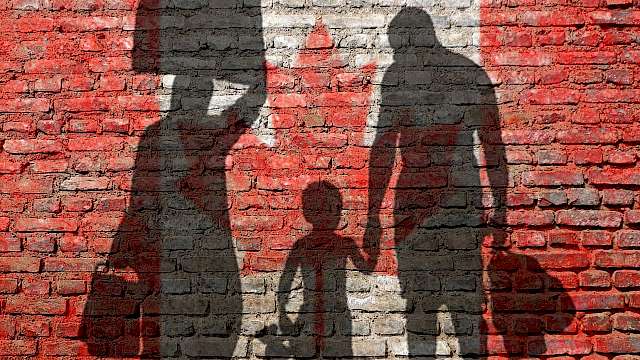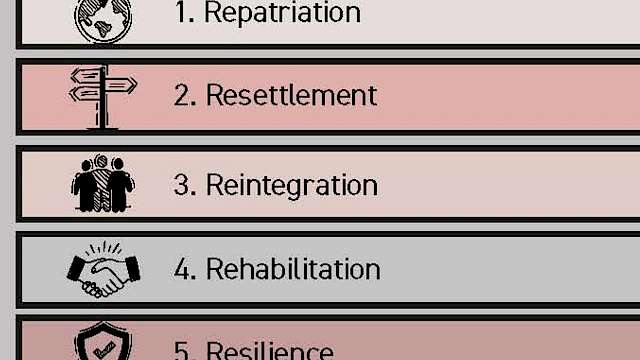Stevan Weine
CREST Outputs
Articles
Academic Publications
Bystander reporting to prevent violent extremism and targeted violence: learning from practitioners
The willingness of friends or family to share concerns about an ‘intimate’ preparing to perpetrate public, mass violence, such as violent extremism or targeted violence, is considered a possible part of preventative strategies. To understand what is needed to help intimate bystanders share information on potential acts of violent extremism or targeted violence, we conducted 25 semi-structured qualitative interviews with experts in intimate bystander reporting, including law enforcement, social service and mental health providers, faith-based leaders, staff in school threat assessment programs, and community practitioners in California and Illinois. Results showed reporting was impeded by multiple factors, including lack of knowledge about violent extremism and reporting processes, fear of being incorrect, difficulty distinguishing between violent extremism and mental illness, low trust in law enforcement, and lack of standardized reporting processes. Practitioners said reporting could be improved by several interventions, including increasing awareness about reporting processes, improving reporting methods and policies, training community members who can take reports, and increasing trust between community members and law enforcement. Improving bystander reporting for targeted violence and violent extremism in the U.S. requires collaboratively strengthening law enforcement and community capacities based on sound theory, best practices, and monitoring and evaluation.
(From the journal abstract)
David P. Eisenman, Stevan Weine, Nilpa D. Shah, Nicole V. Jones, Chloe Polutnik Smith, Paul Thomas & Michele Grossman (2022): Bystander reporting to prevent violent extremism and targeted violence: learning from practitioners, Behavioral Sciences of Terrorism and Political Aggression, DOI: 10.1080/19434472.2022.2130960
https://www.tandfonline.com/doi/full/10.1080/19434472.2022.2130960
Articles
Academic Publications
Bystander reporting to prevent violent extremism and targeted violence: learning from practitioners
The willingness of friends or family to share concerns about an ‘intimate’ preparing to perpetrate public, mass violence, such as violent extremism or targeted violence, is considered a possible part of preventative strategies. To understand what is needed to help intimate bystanders share information on potential acts of violent extremism or targeted violence, we conducted 25 semi-structured qualitative interviews with experts in intimate bystander reporting, including law enforcement, social service and mental health providers, faith-based leaders, staff in school threat assessment programs, and community practitioners in California and Illinois. Results showed reporting was impeded by multiple factors, including lack of knowledge about violent extremism and reporting processes, fear of being incorrect, difficulty distinguishing between violent extremism and mental illness, low trust in law enforcement, and lack of standardized reporting processes. Practitioners said reporting could be improved by several interventions, including increasing awareness about reporting processes, improving reporting methods and policies, training community members who can take reports, and increasing trust between community members and law enforcement. Improving bystander reporting for targeted violence and violent extremism in the U.S. requires collaboratively strengthening law enforcement and community capacities based on sound theory, best practices, and monitoring and evaluation.
(From the journal abstract)
David P. Eisenman, Stevan Weine, Nilpa D. Shah, Nicole V. Jones, Chloe Polutnik Smith, Paul Thomas & Michele Grossman (2022): Bystander reporting to prevent violent extremism and targeted violence: learning from practitioners, Behavioral Sciences of Terrorism and Political Aggression, DOI: 10.1080/19434472.2022.2130960

